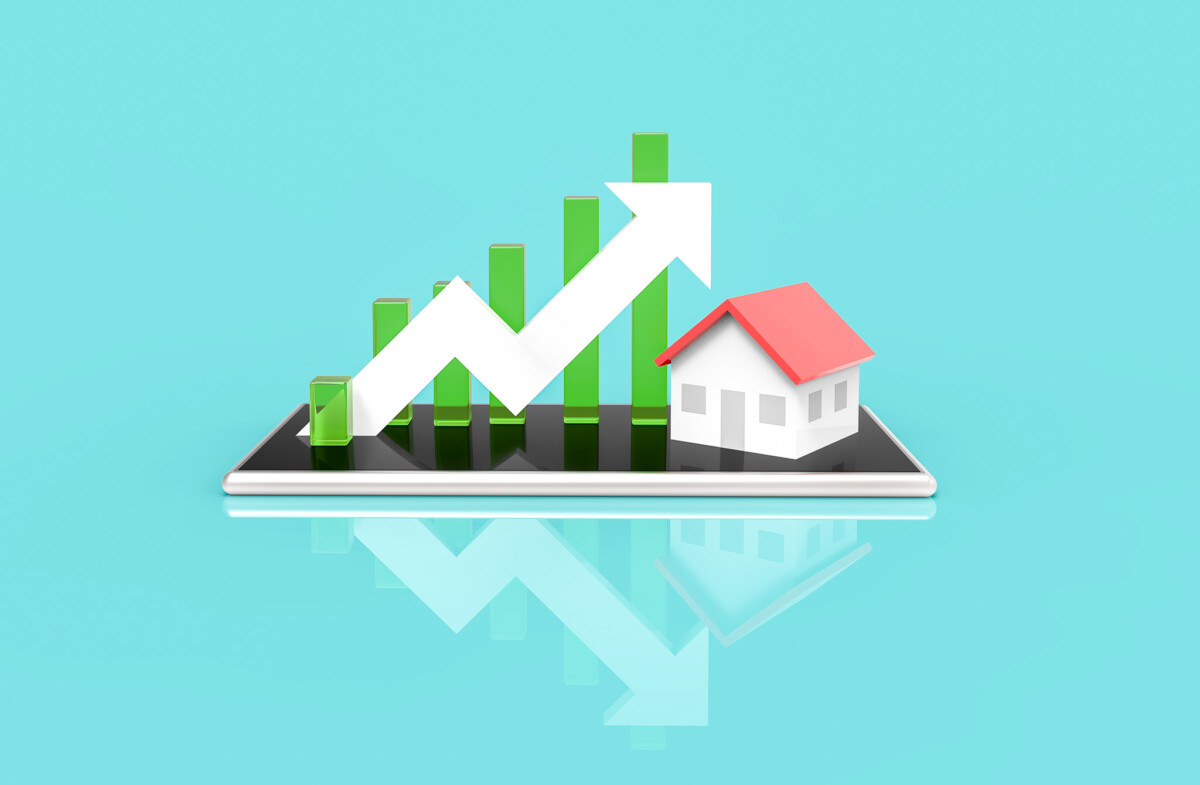For many aspiring homeowners, one of the most significant barriers to buying a home is the upfront cost, particularly the down payment. While traditional mortgage lenders often require 10% to 20% of a home’s purchase price as a down payment, this can be daunting for individuals and families, especially first-time buyers. Fortunately, Down Payment Assistance Programs (DPAs) exist to help make homeownership more accessible. These programs can reduce or even eliminate the initial cost of a down payment, opening the door for millions of Americans to achieve their dreams of owning a home.
What Are Down Payment Assistance Programs?
Down Payment Assistance Programs are initiatives designed to help homebuyers cover the upfront costs of purchasing a home, specifically the down payment and sometimes closing costs. These programs are offered by various entities, including:
- Local and state housing finance agencies
- Nonprofit organizations
- Community development programs
- Employers
- Federal government initiatives (such as those under the Department of Housing and Urban Development)
The assistance can take many forms, such as grants, forgivable loans, deferred payment loans, and matched savings programs.
Types of Down Payment Assistance
- Grants
- What it is: A grant is a gift of money that does not need to be repaid.
- Best for: First-time buyers with low to moderate income.
- Example: A state housing agency may offer a $10,000 grant to qualifying buyers purchasing their first home in specific zip codes.
- Forgivable Loans
- What it is: These loans are forgiven after a specific period (often 5–10 years), provided the homeowner remains in the property.
- Best for: Buyers who plan to stay in their homes long-term.
- Example: A $15,000 loan fully forgiven after 7 years of occupancy.
- Deferred Payment Loans
- What it is: These loans don’t need to be repaid until the home is sold, refinanced, or the mortgage is paid off.
- Best for: Buyers needing upfront help but planning to build equity quickly.
- Example: A $20,000 second mortgage payable upon selling the home.
- Matched Savings Programs
- What it is: Also known as Individual Development Accounts (IDAs), these programs match the buyer’s savings for a down payment.
- Best for: Buyers who can save regularly and want to double or triple their efforts.
- Example: Save $2,000 and receive a $4,000 match, totaling $6,000 toward the down payment.
Who Qualifies for Down Payment Assistance?
Eligibility criteria for DPAs vary depending on the program. However, most share some standard requirements:
- First-Time Buyer Status: Many programs define “first-time” as not owning a home in the past three years.
- Income Limits: Assistance is usually targeted at low- to moderate-income families. These limits are often based on the area median income (AMI).
- Credit Requirements: Most programs require a minimum credit score, often between 620 and 660.
- Purchase Price Limits: Some programs cap the value of the home you can purchase.
- Homebuyer Education: Completion of an approved homebuyer education course is often mandatory.
It’s essential to check the specific qualifications in your state or local area, as they can differ significantly.
Benefits of Down Payment Assistance Programs
- Lower Barrier to Entry DPA programs allow buyers to enter the housing market without needing tens of thousands of dollars in savings. This primarily benefits young families, recent graduates, and lower-income households.
- Financial Flexibility: Reducing or eliminating the down payment frees cash for moving costs, home repairs, or furnishing a new home.
- Equity and Wealth Building Homeownership remains one of the most reliable ways to build wealth in the U.S. DPAs give more people access to this opportunity.
- Community Development By increasing homeownership rates, DPAs can lead to more stable neighborhoods, increased civic engagement, and stronger local economies.
Where to Find Down Payment Assistance Programs
- HUD’s Website The U.S. Department of Housing and Urban Development (HUD) maintains a directory of state-specific programs.
- State Housing Finance Agencies (HFAs) Every state has an HFA that administers homebuyer programs. Many counties and cities also offer localized assistance.
- Nonprofits and Community Organizations Groups like NeighborWorks America offer DPAs and related homebuyer education programs.
- Lenders and Real Estate Agents. Many mortgage lenders and agents are familiar with local DPA options and can guide buyers through the application process.
Common Misconceptions
“Down Payment Assistance is only for poor people.”
Not true. Many middle-income families also qualify. Programs are designed to help a range of buyers who struggle with upfront costs, not just low-income individuals.
“You have to be a first-time homebuyer.”
While many programs target first-time buyers, some are available to repeat buyers, especially those who haven’t owned a home in the last three years.
“Using assistance makes it harder to get a mortgage.”
In most cases, DPA enhances your loan application because it reduces your risk of default due to better financial cushioning.
Tips for Getting the Most Out of a DPA Program
- Start Early: Many programs have limited funds and deadlines. Apply early in your home search process.
- Take the Education Course Seriously: Not only is it often required, but it will also prepare you for homeownership responsibilities.
- Understand the Terms: Some programs require you to stay home for a period to avoid repayment. Know these details before signing.
- Compare Lenders: Not all mortgage lenders work with DPA programs, so shop around to find someone experienced with these types of loans.
- Plan for Other Costs: Even with assistance, you’ll still need to cover inspections, appraisals, insurance, and moving costs.
Conclusion
Down Payment Assistance Programs are potent tools that help remove one of the most significant obstacles to homeownership: the upfront cost. Whether in the form of a grant, forgivable loan, or matched savings, these programs can be life-changing. With the proper research and guidance, homebuyers who thought owning a home was out of reach can take confident steps toward becoming homeowners. If you’re considering buying a home but are worried about the down payment, a DPA program might be the key to unlocking your future.
Thank you for reading! If you enjoyed this article and want to explore more content on similar topics, check out our other blogs at Sonic Loans, Sonic Realty, and Sonic Title. We have a wealth of information designed to help you navigate the world of real estate and finance. Happy reading!
Are you looking for the right loan? Check out Sonic Loans for tailored mortgage solutions that make home financing simple and efficient.
Top ROI Neighborhoods in Allen Park, Michigan
What First-Time Homebuyers in Dearborn Should Know
Home Staging Tips That Work in Allen Park
How Inflation Affects Home Loan Rates in Michigan
Why Millennials Are Flocking to Garden City
Remote Online Notarization in Livonia (RON Laws Explained)
First-Time Buyer Loan Programs in Allen Park: A Complete Guide
2025 Real Estate Market Forecast for Dearborn, Michigan
Understanding Local Market Statistics for Homes










